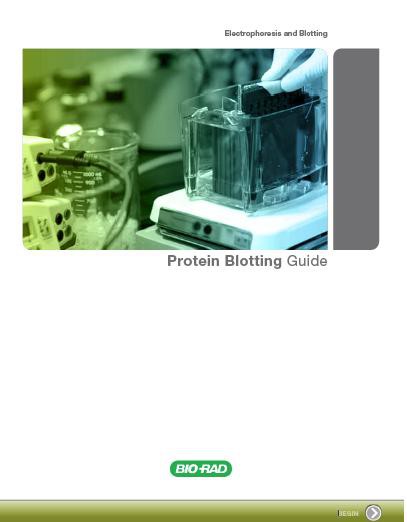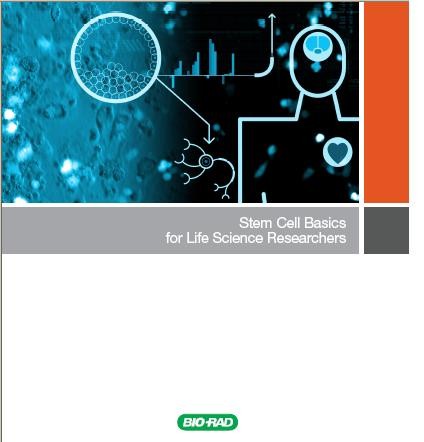The polymerase chain reaction (PCR) is a common technique used to amplify, or copy, pieces of DNA. Amplified DNA is then used in genetic analyses for everything from medicine to forensics. In plant research, PCR is a vital step in detecting and sequencing genes, and its applications are endless. However, compounds found in plants often inhibit PCR. Researchers at the University of Southern Mississippi discovered that the use of an additive allows PCR to successfully amplify DNA from once problematic plants.
PCR is widely used in plant sciences but is not 100 percent reliable. Many plant researchers encounter roadblocks when implementing PCR. For example, many plant species contain phenolic compounds that deter herbivores. These compounds are often extracted along with plant DNA and can stop PCR from working.
Tags: PCR















